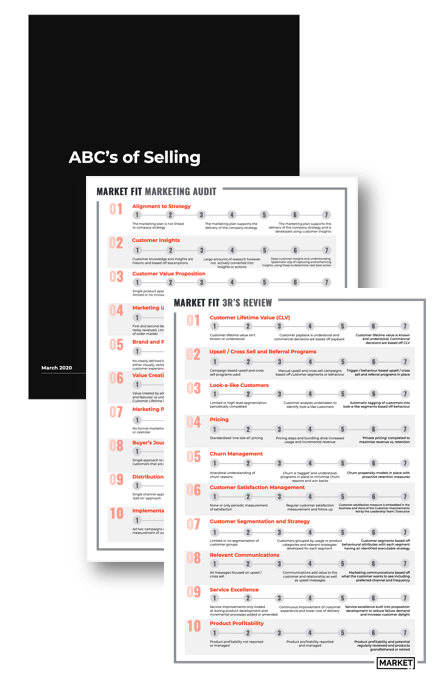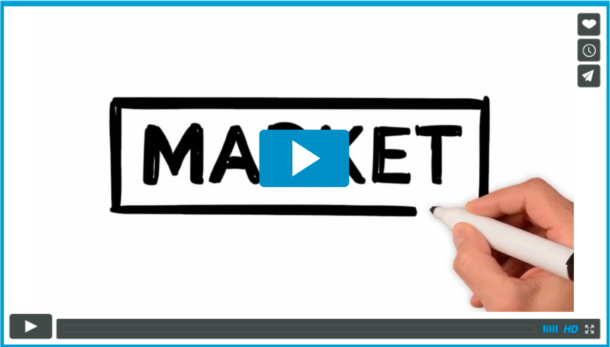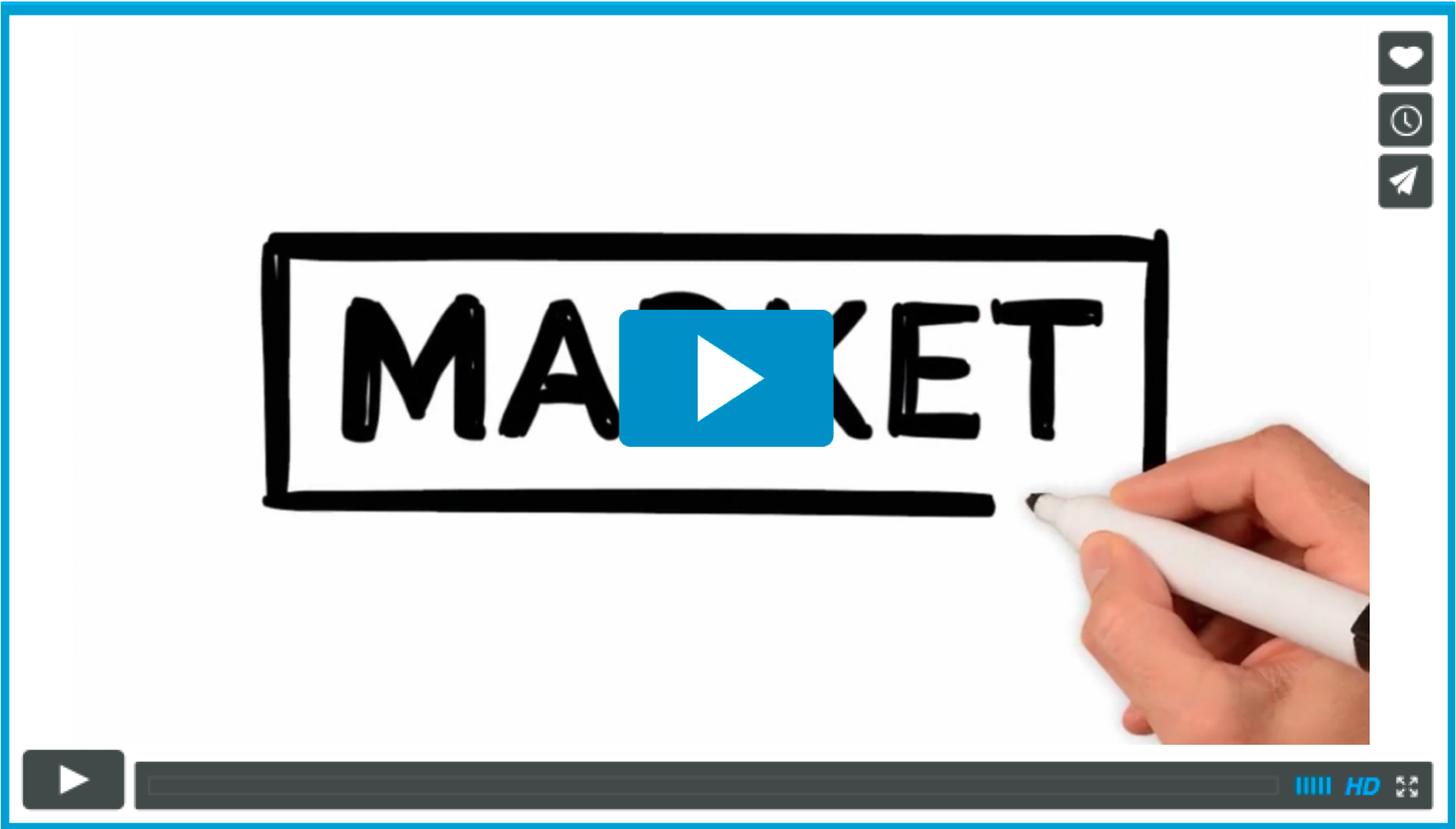If it can be digitised it can be disrupted…
The role of the consultant is two-fold. Sometime you get paid to help your client see and achieve things they don’t have the resource or experience to do… the classic hired gun lending expertise to pivot a client’s business to a higher place.
The reality is that’s quite rare – usually it’s a little more pragmatic. That doesn’t mean less valuable – just more “everyday”. That’s about helping a clientrecognise risk, understand where the market is heading, navigate choppy waters, change, and then emerge fit for new purpose.
If it can be digitised it can be disrupted…
A good consultant does both. A great consultant understands helping a client survive and thrive, staying in their vertical with minimal changes to their model delivers the gold.
In the last few years a new breed of consultant has emerged – one schooled in public policy and corporate relations. These are the guys who push the envelope for new digital technology and thrive on challenging the regulatory
status quo. Armed with consumer driven support (for cheaper and more “consumer friendly” digital innovation), political backgrounds give them the contacts and knowledge to change industries through challenging regulations. In many digital businesses they earn the biggest salaries and assume the same sort of importance as a valued COO.
If it can be digitised it can be disrupted…
So what, you might think. That sort of stuff is a little above my pay grade. But here’s the thing – what these guys do doesn’t just impact their business. It can directly impact your business too. The goalposts they shift can render you obsolete in the blink of an eye, and just as in last week’s post, you may not see the wallop coming.
Media and the taxi industry delivered great examples in the last week. In Europe, contracts between Sky TV UK and six Hollywood studios are under investigation by the European Commission. Clauses in their distribution
contracts demand Sky block access to content outside of their licenced territory (eg, geo-blocking outside of the UK). This has been standard in distribution contracts for years – technological shortfalls supported the policy,
and it meant studios could sell the same content multiple times into multiple different territories. In today’s borderless (internet distributed) streaming environment, the policy makes less sense. And in the economically borderless EU, the Commission has averted interest in a consumer focussed level playing field for all content consumers.
Meanwhile, in NYC aggressive and innovative marketing has driven Mayor Bill de Blasio to at least temporarily back down from his plans to hit Uber by limiting the number of ride sharing cars allowed in the city. Driven by union pressure from the Taxi and Limousine Commission (which has seen the value of a taxi license decrease by 20% since 2011), De Blasio tried to go the ecological route, citing increased congestion and pollution as reasons to limit
ride sharing vehicles in the city. It is estimated that there are 63,000 Uber type cars in New York compared to a regulated and capped 13,500 yellow Taxis.
If it can be digitised it can be disrupted…
Both these industries had strong historic forms of market protection. Pressures ranging from consumer through to regulatory, all driven by digitisation, have utterly eroded these natural barriers to entry. Laws governing these businesses were not written for digital environments, however the businesses were able to be digitised and thus disrupted. When the laws couldn’t keep up, public policy agitation became part of the disrupters arsenal – ultimately meaning wholesale change for everyone attached to both industries.and challenged by the net result This is not only a major headache for the incumbent businesses but for lawmakers as the law was not written with the digital and sharing economy in mind and is fraught with un-intended interpretations and consequences.
Key Takeaways
- You may have some form of technical or regulation protection for your business of industry however when your business, value chain or parts of your value chain are being digitized:
- Will they offer the protection you need?
- How will they be interpreted,
- Will they need to be reworked and therefore remove your protection
- If you have a restraint of trade with your talent, does it apply to your existing medium or web and mobile?Remember if it can be digitised it can be disrupted!
KS
PS: In a similar vein, the Top Gear guys have just neatly circumvented a contractual restriction on. And just off the wire is the news that the Top Gear crew have signed for Amazon Prime Video, the interesting thing about this was the presenters contract restricted them from hosting another TV car show on British television, Amazon Prime is a global deal and circumvents this restriction.




